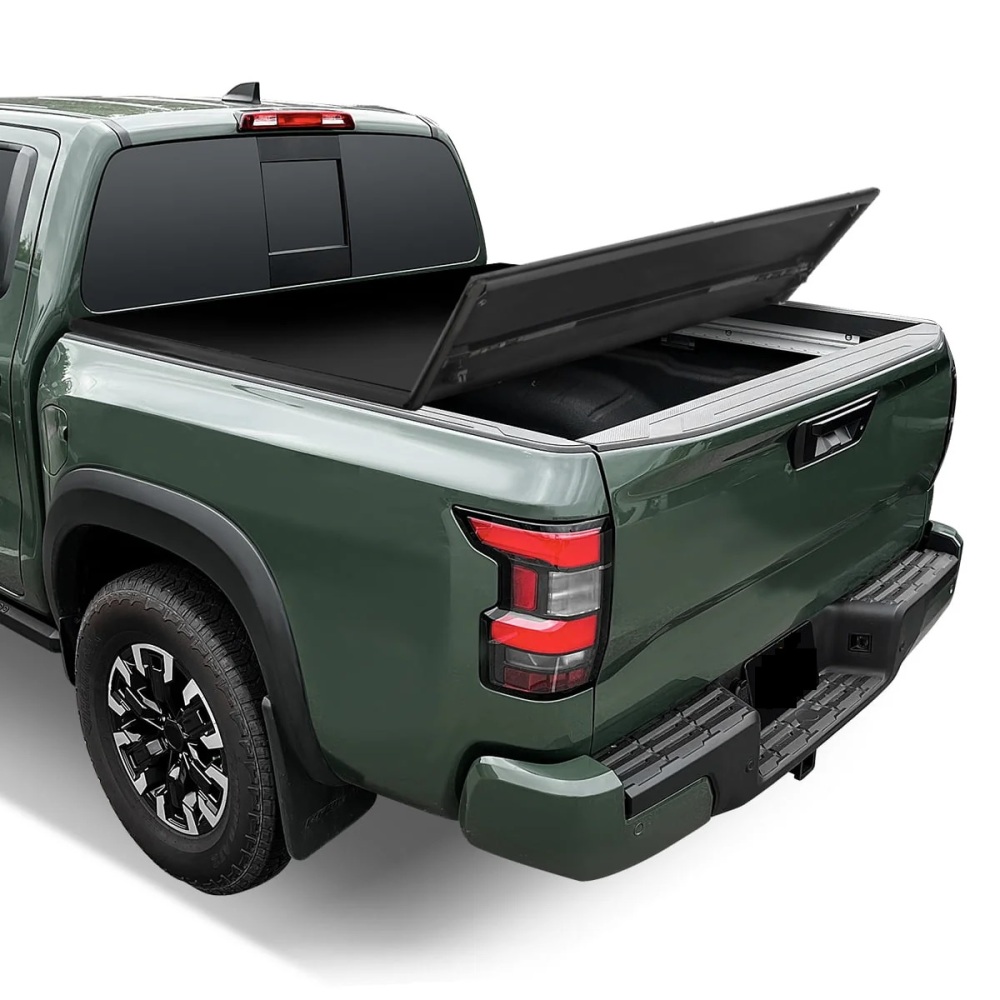
The global market for rheumatoid arthritis treatments is expected to grow at a CAGR of...
Learn More
Our consulting solutions address company specific challenges with respect to micro environment...
Learn More
Organizations frequently need day-today research guidancein order to gain strategic...
Learn More
Exploring different areas of market research and market analysis is a key factor...
Learn MoreAcute Market Reports presents the most extensive global business research services across industries. Our research studies focus on potential outcomes, benefits, and risks associated with each market segment across geographies. Having served our global clients for more than 10 years, our prime priority is to enable our clients in making well-informed business decisions through a data-driven, analytical, and uncomplicated research approach.
We provide access to the world's most comprehensive, analytical, and updated business intelligence services and solutions.




The cholesterol-lowering drugs market is expected to grow at a CAGR of 3.3% during the forecast period of 2025 to 2033, driven by increasing awareness of cardiovascular health, advancements in PCSK9 inhibitors, and the growing prevalence of lifestyle...
Read More
The automotive tonneau market is expected to grow at a CAGR of 4.5% during the forecast period of 2025 to 2033. Automotive tonneau market involves products used in the covering of a pickup truck's bed. These covers serve both aesthetic and functional...
Read More
The doxorubicin market is expected to grow at a CAGR of 6.1% during the forecast period of 2025 to 2033. Doxorubicin is a chemotherapy medication widely used in the treatment of various cancers, including breast cancer, bladder cancer, and lymphomas....
Read More




